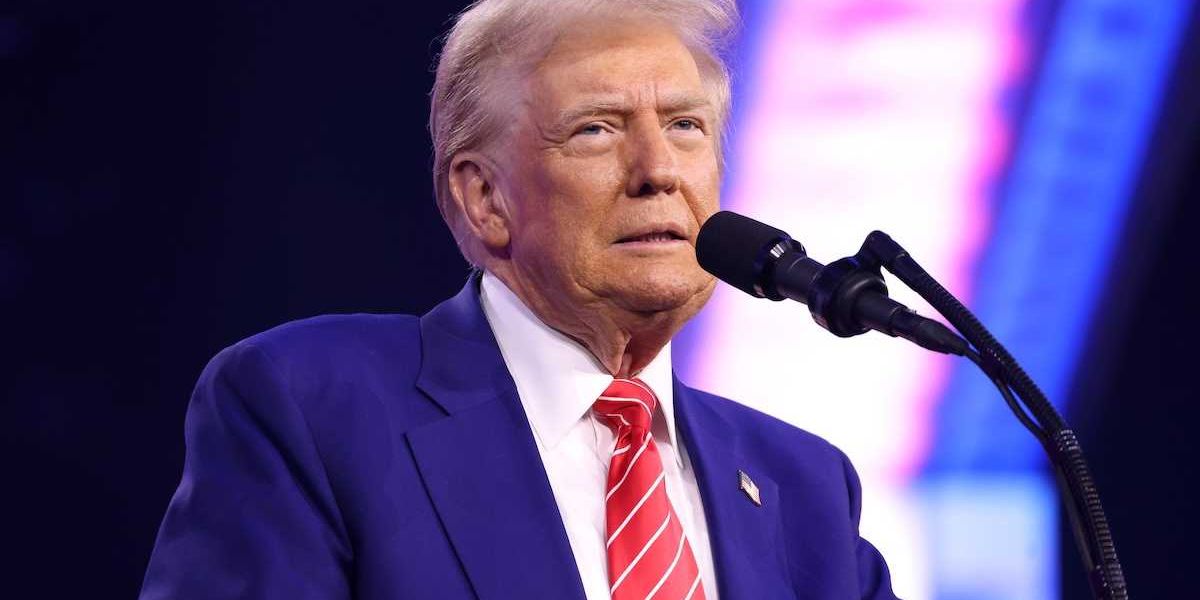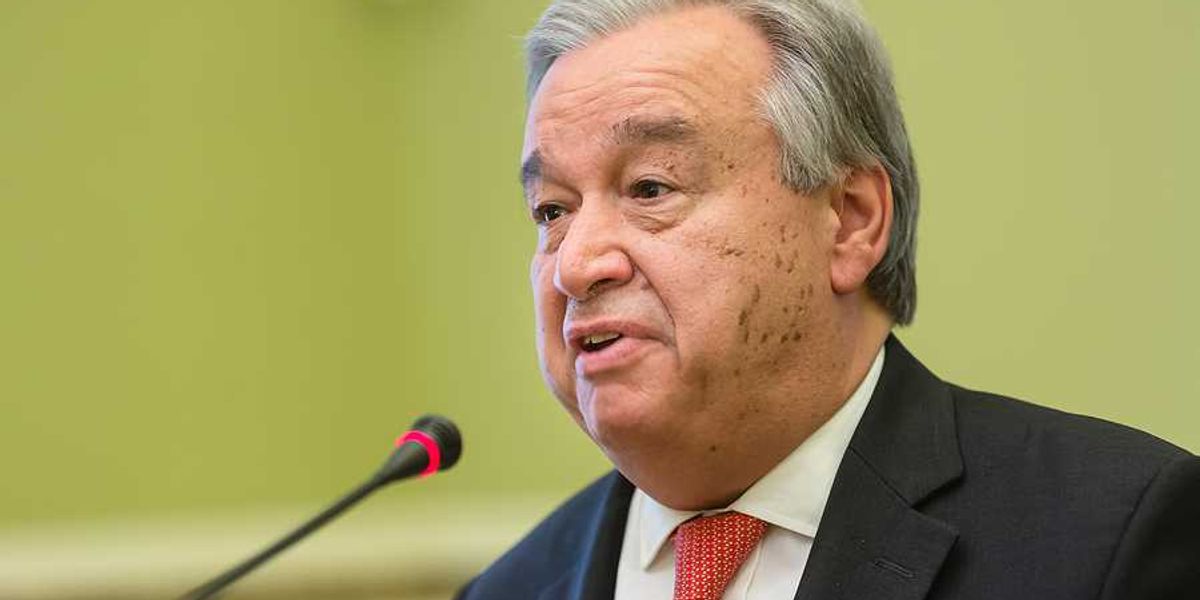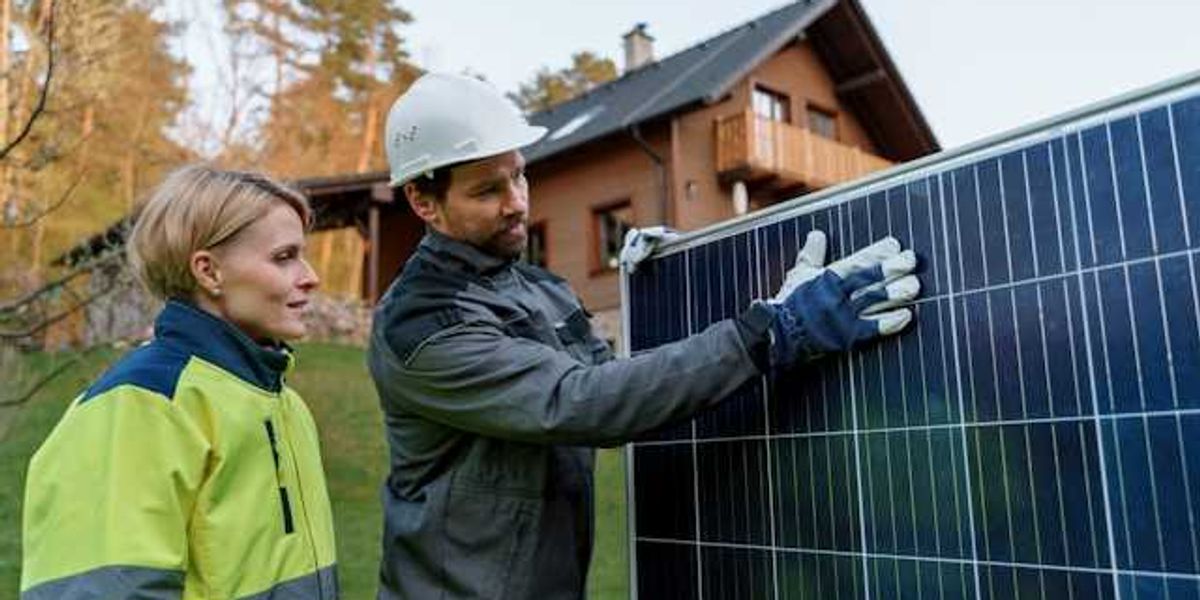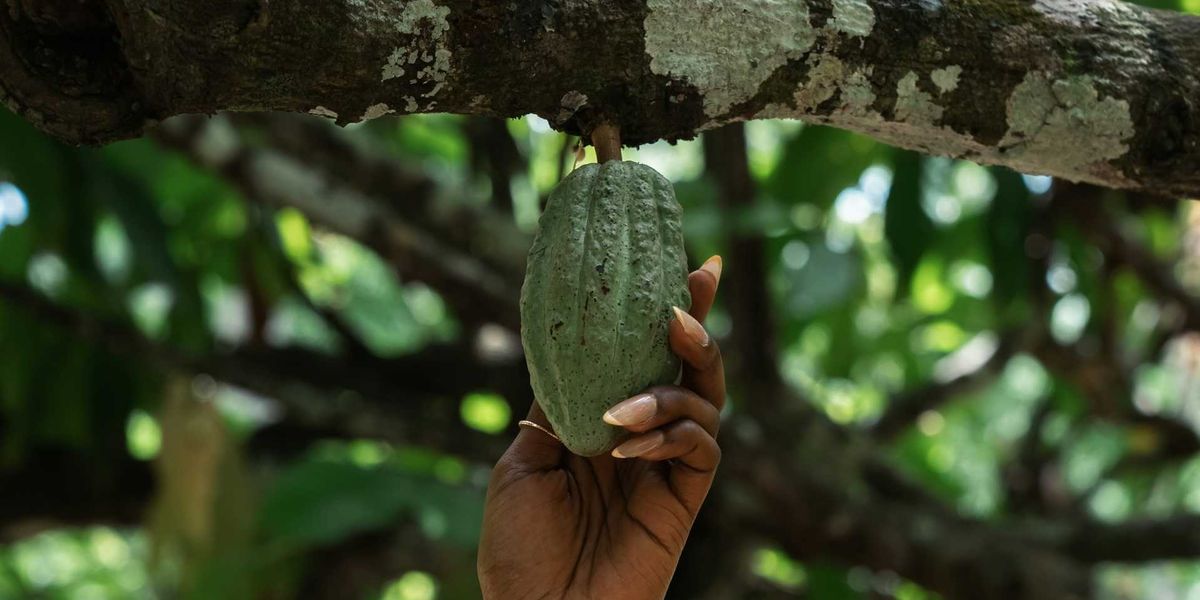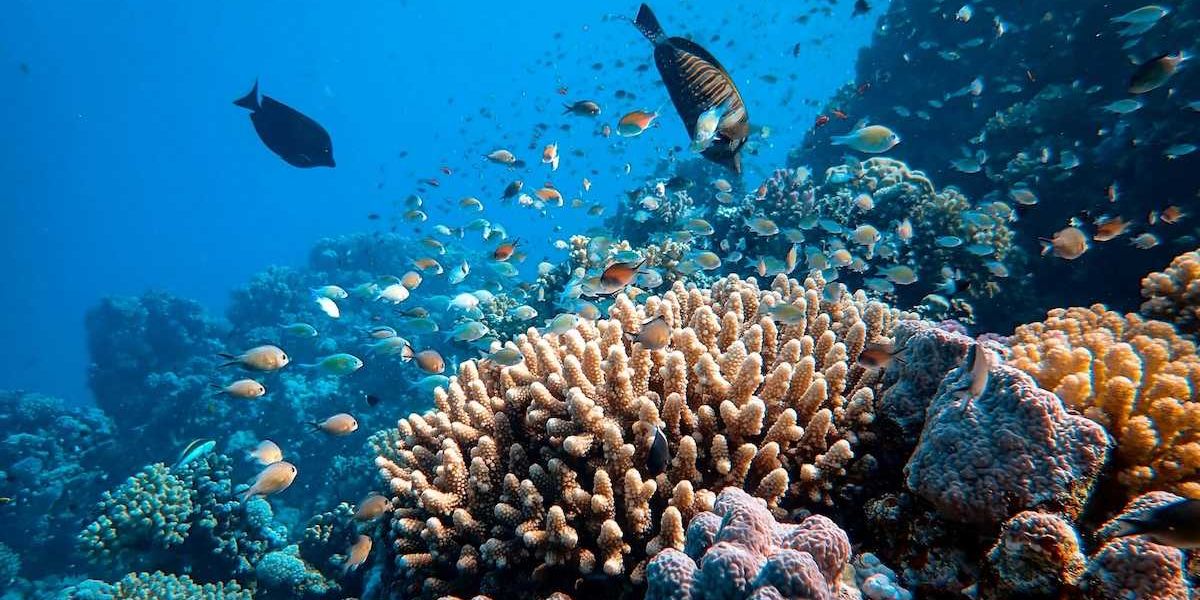Global crackdown on environmental defenders leaves thousands attacked or missing
Environmental activists face growing risks worldwide, with over 6,400 attacks — most unpunished — targeting those who challenge powerful industries and defend their land and communities.
Katie Surma reports for Inside Climate News.
In short:
- A decade-long investigation by the Business & Human Rights Resource Centre found over 6,400 attacks on human rights defenders between 2015 and 2024, with 75% targeting environmental defenders.
- Attacks include disappearances, killings, and legal harassment, often linked to mining, fossil fuel, and agribusiness projects, with Indigenous communities disproportionately affected.
- Companies and governments frequently deny involvement, while defenders, especially women, continue to face physical violence, surveillance, and intimidation without adequate protection or justice.
Key quote:
“That’s close to two attacks every day over the past 10 years against defenders who are raising concerns about business-related risks and harms.”
— Christen Dobson, co-head of the civic freedoms and human rights defenders program at the Business & Human Rights Resource Centre
Why this matters:
The growing violence against people defending the environment signals a troubling convergence of extractive industries, weak governance, and shrinking civil liberties. Around the world, Indigenous leaders, journalists, and community advocates are being silenced through threats, imprisonment, or worse — often for opposing large projects that jeopardize ecosystems, water sources, and traditional lands. These defenders frequently act in regions where legal protections are thin and corporate accountability is elusive. Women, in particular, face sexualized threats and attacks on their families, compounding the risks. When defenders disappear or are harassed into silence, entire communities lose a critical line of defense against environmental degradation and corruption. The implications ripple outward: ecosystems are further degraded, global emissions rise, and human rights norms erode. Despite public denials, the pattern of retaliation shows that some companies and governments treat resistance not as a democratic right, but as a threat to business.
Learn more:

